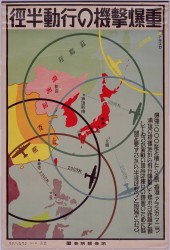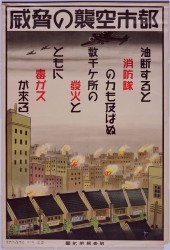The Bethnal Green Tube disaster
Yesterday was the 63rd anniversary of the Bethnal Green Tube disaster. On the evening of 3 March 1943, 173 people — men, women and children — died at the Bethnal Green Tube station, the greatest loss of life of any single incident during the German bombing campaign against Britain. The tragedy took place during an […]


